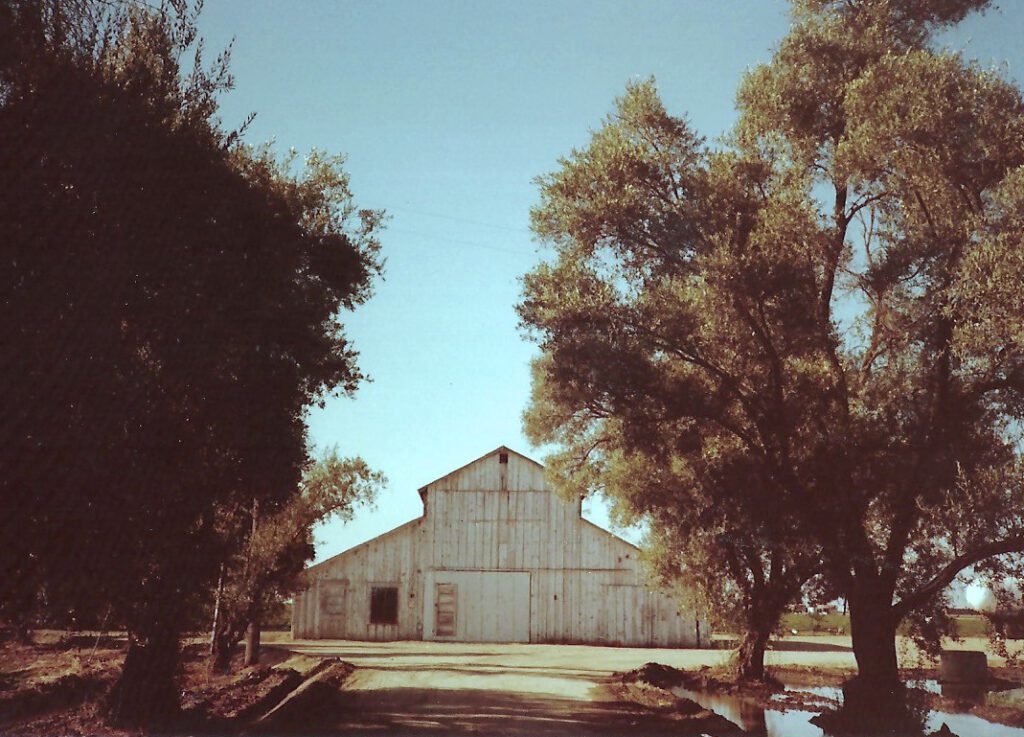After an 11-year absence the Tulare County Board of Supervisors (TCBOS) voted at its July 7 meeting to lift the moratorium on the Williamson Act by a 5-0 vote.
The Williamson Act is a partnership between landowners, counties, and the state to protect California’s agriculture land from urban development by offering a break on property taxes. Once accepted into the program, landowners agree to forego the possibility of developing their land in return for lower property taxes. Counties then agree to give up a portion of their property tax revenue for the advantages of preserving agricultural production and rural character.
Since Tulare County imposed the moratorium in 2009 after losing state funding, there has been an interest by farmers and landowners for the county to reinstate the Williamson Act.
Mike Washam, Assistant Director of Economic Development & Planning, said that with the supervisors’ vote to lift the moratorium landowners could start submitting applications immediately.
Rick Schuil from Schuil and Associates Real Estate, attended the meeting and said that he has clients ready and waiting to get their property approved to go into the Williamson Act and that they are very pleased with the board’s decision. “We are a farm-driven community and it was good timing for the county to make this decision.”
History of the Williamson Act
Washam said that 1965 was a time of increasing city sprawl and a movement started to save California’s agriculture land. But the Williamson Act did not become widely popular until 1971, when the state offered landowners a tax break.
While under the Williamson Act acreage could not be used for anything but agriculture or ag related activities such as fruit stands or farmers markets. If a landowner pulled their property out of the Williamson Act early they had to pay heavy fines depending on how many years were left on the contract. The term of the contracts was 10 years and they were automatically renewed every year.
In 2008, during the Great Recession, the Williamson Act survived the chopping block, but Governor Arnold Schwarzenegger canceled the state’s reimbursements to the counties. In 2008 Tulare County received $3.4 million from the state to replace the lost property taxes. In 2009 the county received $98, and no state payments have been made since fiscal year 2010.
As a result the county put a moratorium in 2009 on any new Williamson Act contracts and stopped automatic renewal of non-prime agriculture land. In all, 360 parcels were identified as non-prime agriculture land and were removed from the Williamson Act.
Imperial County, ranking approximately 10th in ag production in the state, let all Williamson Act contracts expire and no longer participates in the program.
Though the state’s reimbursements stopped, Washam said that other funding options became available to counties that decided to stay in the program.
Assembly Bill 1265, passed in 2011, allowed Tulare County to shorten Williamson Act contract terms by 10% and impose a 10% reduction of the property tax relief provided to the landowners through the Williamson Act. The increase tax revenue went straight to the county’s general fund.
AB 1265 charges have grown annually and now surpass the loss of $3.4 million in reimbursement payments from the state. As of 2019 the county had collected $4,157,345 from AB1265 charges.
Washam said that Tulare County currently has one million acres in the Williamson Act, comprising of 14,000 parcels that are paying the increased 10% in property taxes.
In terms of the financial impact on the county of lifting the moratorium, Washam said the worst case scenario would be $1.95 million, though he does not anticipate that happening. He said that currently about 9000 parcels in Tulare County are not in the Williamson Act, and of those 5600 might be eligible.
Washam anticipates a big boost this year and next, then a tapering off of applicants.
Application Process
According to the Resource Management Agency, landowners wishing to submit an application to the Williamson Act are processed through a three step program.
Step I – The Board of Supervisors creates an Agricultural Preserve at the request of the landowner. Normally the deadline to request to be in the Williamson Act is August 31, but that deadline has been extended to September 30 just for 2020. The application fee is $1000 for a new contract or $500 to renew an old contract. The fee is not due until the board is scheduled to hear the application for the contract.
Step II – The landowner enters into a contract with the county agreeing to abide by the Uniform Rules of the preserve as established by the Board of Supervisors.
Step III – Preferential tax treatment accorded by the county to any land within a preserve that is also under a contract. The effective date of beneficial tax treatment is the first day of January of each calendar year.
Those who apply this year will see their property taxes decrease for 2021. Decreases are individually calculated according to the amount and classification of a landowner’s acreage.
Tulare County Supervisor Kyler Crocker said, “This has been a long time coming…We are reducing taxes while everybody else seems to be increasing taxes.”
TCBOS Chair Pete Vander Poel said that this is a critical program for farmers and he was glad to see it move forward.

